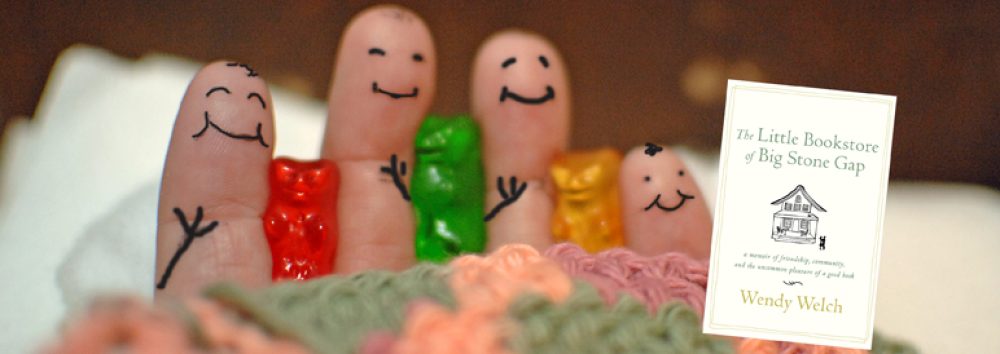 I thought about blogging this book in the wake of the Tree of Life Synagogue shootings, but wanted to wait a week.
I thought about blogging this book in the wake of the Tree of Life Synagogue shootings, but wanted to wait a week.
Aside from the easy tease that tomorrow is a mid-term election and we’re all tired of politics and looking for a place to hide from it, this book is no joke. It is intense yet accessible.
For those unfamiliar, it is about sisters in a watch-repairing Dutch family, happy people with a strong Christian ethic. When WWII breaks out, they hide Jewish people. This brings them close to The Resistance–which they don’t work with, other than hiding and moving Jewish people as best they can. There is a poignant scene when Corrie is asked to pass along intelligence that she realizes will get a German officer killed, and refuses to do so. The young Resistance worker in her kitchen is gobsmacked and furious. They become suspect–despite considerable sacrifices.
The scene has come to me again and again in these turbulent times where no one can be neutral and expect to be left alone. If you’re not for, you’re against. You can’t stand in your kitchen and refuse to condemn one man to death while saving six more people in a closet upstairs. Both sides would kill you.
The Hiding Place also asks ethical questions about what it means to be light in a dark place. The family is eventually betrayed, and while the Jewish people they are hiding escape, Corrie, her father and sister do not. The latter two eventually die in a concentration (prison) camp. The women are in their fifties when the Nazis round them up. Betsy is not in excellent health. Yet she insists on standing at the edge of morning roll call, taking the brunt of the cold wind, so she can protect younger women. This infuriates Corrie. When a woman is beaten to death in front of them, Betsy and Corrie have very different reactions.
Corrie also talks about two Somali Jewish women who distrust everyone else in the hospital where she is meant to be a patient, but instead winds up bringing bedpans to others. When she attempts to help the women, who are isolated in language and race, they throw their gangrenous bandages at her. Corrie has to come to terms with what help means, when, and how.
I loved this book as a child too young to understand some of it subtleties. I loved it as a college student enough to write about it for a literacy project, igniting an interesting argument with a professor. I love it now because, in a storm of words bent on winning, it tells the story of a family that redefined what “winning” meant on their own terms. They paid for it, but they also left a legacy that allows Quakers and moderates, and quiet bunny rabbit peaceniks to find a place to stand when people all around scream “If you stand there you’re ______ (insert bad thing here).”
On Christ the solid rock I stand, best as I can interpret him in the whelming flood, alongside the Ten Boom Family, who did an amazing job of not being on anyone’s side while helping everyone they could.

Once you’ve read the book, you can never forget Corrie Ten Boom and her family. Thanks, Wendy
This book has been an inspirational, challenging GIFT to my life since I read it when it was first published years ago, and the brave story of Corrie ten Boom became known to both the reading world and those whose lives she sheltered. How SAD that it is just as important a story today as a stand against current events of hatred and prejudice.
This is one of my bibles. Thanks for sharing. Ann Mathews
:]
I love that book and I read it long ago. I will reread it again soon. Thanks for the reminder.
Excellent!
Wonderful book that I still re-read every few years. I had the good fortune to meet and speak with Corrie. She was a quiet, strong, humble woman.
Awesome!
The book was also the basis for the excellent movie by the same name. Have watched it several times—such courageous, kind people.